Dr. Sujata Vasani
Medical Oncologist and
Hematologist in Mumbai
Medical Oncologist and Hematologist,
Stem Cell and Bone Marrow Transplant Physician.
Dr. Sujata Vasani is a Hemato-Oncologist with 18+ years of experience in her field. She currently has her own clinic at Kemps Corner and is an Honorary Consultant at these renowned hospitals – Saifee, Breach Candy, Bhatia, Cumballa, and Dalvi.
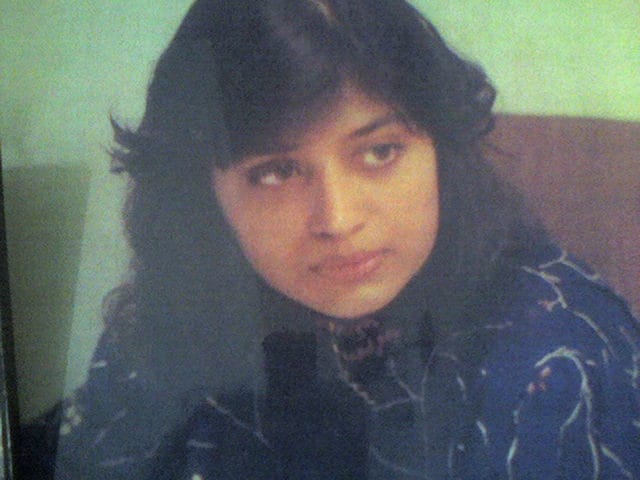

What are Hematology and Oncology?
How do Haemato-Oncologists treat blood cancers?
Hematology is the treatment of all blood disorders, which consists of:
- Blood and Bone Marrow cancers like Leukemias, Lymphomas, and Multiple Myeloma.
- Benign conditions like Anaemia, increase and decrease in platelets and white cell counts.
- Genetic disorders like Thalassaemia, Sickle cell disease, and clotting disorders.
A Hematologist performs procedures like:
- Aspirations and Biopsies of the bone marrow.
- Bone marrow and Stem Cell Transplants.
Blood cancers are treated by Hematologists using chemotherapy, targeted therapy and Immunotherapy. No surgery is required and a surgeon is not needed for this treatment.
There are different types of Blood cancers with the basic 3 being Leukemias, Lymphomas and Myeloma. Each type further consists of different sub types. Depending on the precise diagnosis obtained and sub type identified, customized treatment is then provided for the particular cancer.
The treatment consists of oral tablets along with intravenous injections. The injections are given through an IV drip and are painless. Some blood cancers can be treated with an oral tablet alone, some require a combination of oral and injectable therapy.
Worldwide Cancer Statistics
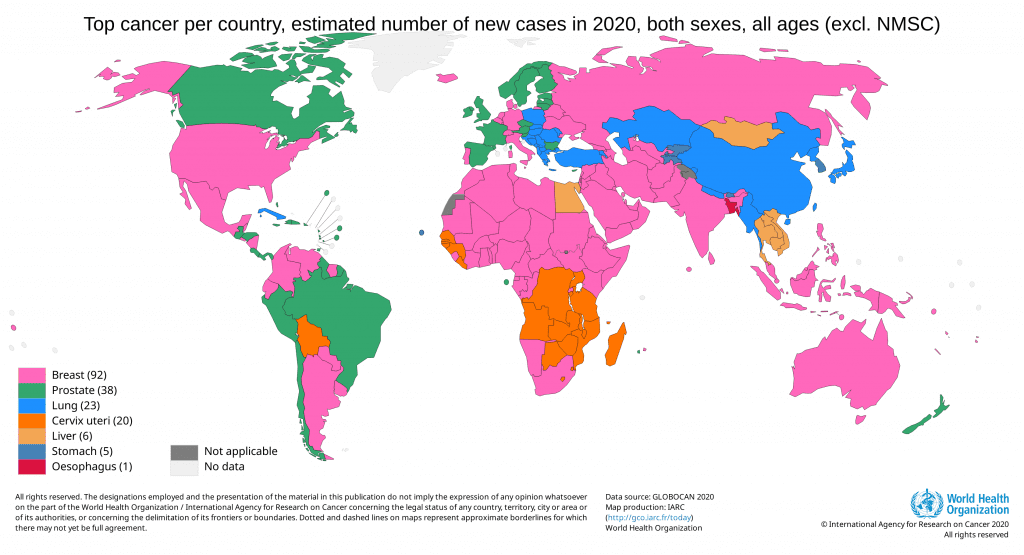

Mumbai's Award-Winning Medical Oncologist and Hematologist
Ovarian Cancer
Ovarian cancer is often treated with a combination of surgery, chemotherapy, and other treatments.
Lung Cancer
Lung cancer treatment plans may include surgery, chemotherapy, radiation therapy, targeted therapy, immunotherapy, or clinical trials.
Blood Cancer
Treatment for blood cancers such as leukemia, lymphoma, and myeloma often involves chemotherapy, radiation therapy, and/or targeted therapies.
Get your Treatment Plan
Do you know what kind of cancer treatment might work best for you? Learn the fundamentals from Dr. Sujata about some of the most frequent treatments.
4.0/5
1860 Reviews
4.0/5
1630 Reviews
4.7/5
2100 Reviews
Facilities at our clinic
Our cancer care facility offers state-of-the-art technology, compassionate support, and expert treatment for all types of cancer. Let us help you on your journey to recovery.


Consultation
A detailed discussion about the disease, treatment, prognosis, duration of therapy, options for treatment, and expenditure estimate.


Counselling
Counseling for the patient and relatives addressing all of their concerns, queries, and anxieties regarding the illness and treatment.
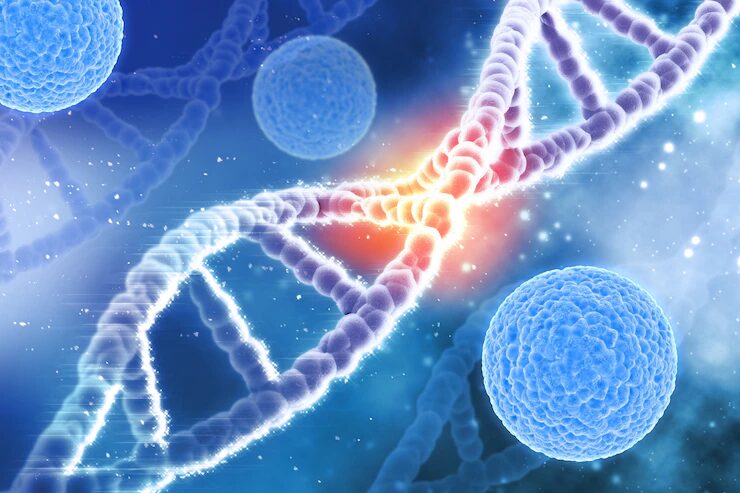

Genetic counselling
Genetic counseling for malignancies and inherited disorders, especially Breast, Ovarian, and Uterine cancers, Colon and Rectal tumors, Prostate carcinomas, and Blood and Bone Marrow cancers.


Palliative care
Palliative care and pain management for patients with advanced malignancies, symptomatic and supportive care during and after chemotherapy to keep them comfortable.


Personalised treatment
Personalized treatment and care for each patient, counseling regarding chemotherapy and immunotherapy, the pros and cons of each, their uses, and where they are applicable.


Nutritional counselling
Nutritional counseling, and diet management during chemotherapy, post-surgery, and after all therapy has been completed.
Cancer treatment options
- Customised and personalised treatment is now offered to each patient depending on the specific molecular profile of the tumor .
- This is determined using genetic testing and next generation sequencing.
- The histopathology, the stage of the malignancy, age and physical condition of the patient are also taken into account.
- After a detailed assessment, treatment recommendations are given and a comprehensive treatment plan is then prepared. This could consist of chemotherapy, targeted therapy, Immunotherapy, surgery, oral medication, or a combination of the above. Some malignancies may also require radiation as a part of the therapy.
- Nowadays, the focus is generally on minimizing the use of chemotherapy, and using targeted therapy where possible, based on the characteristic molecular profile of the tumor. This minimizes side effects and provides specific treatment with high efficacy.
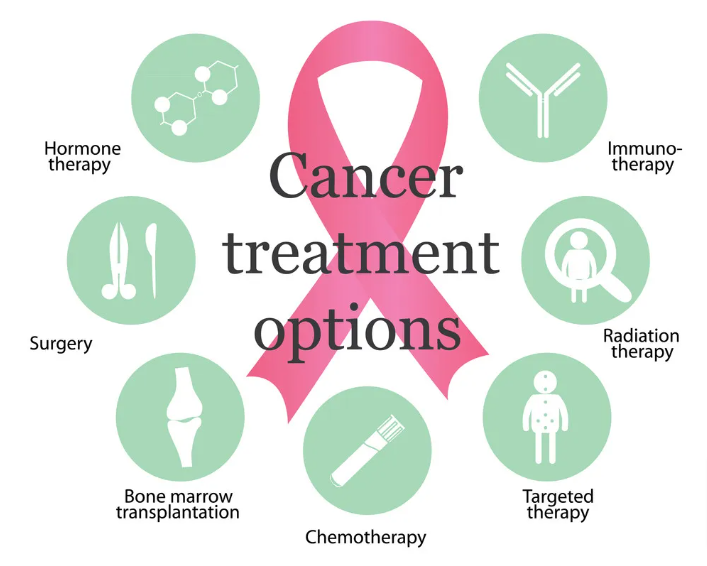

Chemotherapy vs Immunotherapy
Chemotherapy for Cancer
Chemotherapy is a word that most patients fear the most. Its very thought is enough to make a grown man break out in a cold sweat. This was probably true 10-15 years ago, when the drugs used came with multiple side effects resulting in a loss of quality of life. However, in the second decade of the 21st century this concept does not hold true any longer. With recent advances in the field of Oncology, the majority of the chemotherapy regimens are now extremely well tolerated. Very simply put, chemotherapy refers to the drugs used to treat cancers. A few of these drugs are given orally, the majority are injected intravenously in a glucose or saline drip. The administration is painless, with many regimens given as a day care therapy, bypassing the need for a hospital admission. Sessions are repeated at intervals of 15 to 21 days.
Patients on chemotherapy can continue with their daily routine, attend to work and household activities while maintaining their quality of life.
Care must be taken to avoid infection, especially Covid. Crowded places and outside food should ideally be avoided. A mask must be worn in case of any close contact suffering from cold and cough.
Chemotherapy is a systemic therapy, meant to eliminate microscopic tumor cells which are known risk factors of recurrence. It primarily targets the rapidly dividing cells in the body, this is the reason why hair loss is seen with the majority of the chemotherapy drugs. Hair follicles form a part of the rapidly proliferating cells in our body. However, the baldness that occurs is temporary and full hair regrowth occurs after completion of the protocol.
With good supportive care during and after treatment, dreaded symptoms like nausea and vomiting can be managed and prevented. Appetite loss is usually for a few days during the regimen, it is generally regained after 7 to 8 days following chemotherapy. Normal, home cooked food is recommended. Small, frequent meals are well tolerated.


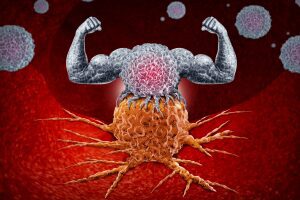

Immunotherapy for Cancer
Immunotherapy is the new kid on the block. It has revolutionized the treatment of multiple malignancies and has fostered a great deal of hope for the future. It is one of the few treatments that may eventually lead to a cure for conditions like Lung Cancer, a highly lethal illness that is incurable and eventually terminal. Immunotherapy functions in a novel manner to treat cancer. It doesn’t attack the cancer cells directly. It primes the patient’s immune system to attack the tumor cells. In simple terms, it awakens the body’s suppressed defense mechanism by breaking down the protective shield that the cancer cells use to protect themselves against attack. Once this shield is down, the immune system suddenly realizes that there is a foreign object in the body that must be eliminated, it attacks the tumor and pushes the malignancy into remission.
It is given intravenously as a 30-minute injection, the administration is painless and the drug is extremely well tolerated. Quality of life is maintained, there is generally no hair loss and the patient can resume work the very next day. Immune-related side effects can occur in a few patients but these can be controlled with medication.
Immunotherapy may be given in combination with chemotherapy or as a solo injection, depending on the molecular profiling of the tumor, which guides us in choosing the optimal regimen for the cancer treatment.
The long-term benefits of Immunotherapy are still under investigation, but long-term remissions in patients with no other treatment options have been seen, and it is hoped that they will eventually be considered cured.
OPD timings
Best Medical Oncologist and Hematologist
Address: 7, Jer Mansion, 1st Floor, Above Union Bank, Gowalia Tank, August Kranti Marg, Mumbai – 400 036, India.Get Directions
Time: 1 pm to 5 pm
Day: Monday, Wednesday, Thursday, and Friday, Tuesday (3pm to 5pm).
Hematologist in Saifee Hospital
Address: 15/17, Maharshi Karve Rd, Charni Road East, Opera House, Girgaon, Mumbai, Maharashtra 400004.Get Directions
Time: 2 pm to 3 pm
Day: Tuesday
Medical Oncologist and Hematologist
Address: 60 A, Bhulabhai Desai Marg, Breach Candy, Cumballa Hill, Mumbai, Maharashtra 400026.Get Directions
With Prior Appointment
Specialty Medical Oncologist and Hematologist
Address: Tardeo Rd, Old Chikalwadi, Grant Road (W), Tardeo, Mumbai, Maharashtra 400007.Get Directions
With Prior Appointment
Best Medical Oncologist and Hematologist
Address: 93, ACI Hospital, 95, August Kranti Rd, Kemps Corner, Cumballa Hill, Mumbai, Maharashtra 400036.Get Directions
With Prior Appointment
Medical Oncologist and Hematologist
Address: Building No, 38, N S Patkar Marg, opp. Westside, Babulnath, Dadi Sheth Wadi,
Gamdevi, Mumbai, Maharashtra 400007.Get Directions
With Prior Appointment
Book An Appointment
Patient Case Studies
Case studies provide valuable insights into the treatment and management of individual cancer patients, informing oncologists’ decision-making and helping to improve care and outcomes for all patients. They also inform clinical guidelines and best practices, benefiting all cancer patients
Awards received by Dr. Sujata






























Blogs
Lorem ipsum dolor sit amet, consectetur adipiscing elit. Ut elit tellus, luctus nec ullamcorper mattis, pulvinar dapibus leo.
Treatments other than chemotherapy
Cancer can sometimes be cured without chemotherapy, depending on the type and stage of cancer, as well as the person’s overall health.
Frequently Asked Questions
Cancer care primarily requires a Medical Oncologist. Dr Sujata Vasani offers telephonic and video consults if a physical visit by the patient is not possible. An online search will give a list of experienced Oncologists available who can offer a consult.
During the first oncology consult, the medical oncologist will meet with the patient and their family to discuss the patient’s medical history, current symptoms, and any reports or test results that are available. The oncologist will also perform a physical examination and explain the nature of the patient’s cancer and the treatment options that are available. The consult may last up to an hour and a half and will address any questions or concerns the patient or family may have. The goal is to provide comprehensive cancer care and support the patient and their family throughout their journey.
The cost of chemotherapy treatment in Mumbai can vary based on the type and stage of cancer, the length and type of treatment needed, and the drugs used. Indian-made drugs are generally less expensive than foreign ones, and targeted and immunotherapy drugs may be more expensive than routine chemotherapy drugs. The hospital where treatment is received can also affect the cost, with private hospitals typically being more expensive than charitable or government hospitals. It’s important to discuss the estimated cost of treatment with the treating medical oncologist before starting chemotherapy.
During the initial visit, the haematologist will gather information about the patient’s medical history, symptoms, and any previous treatment. They will also perform a physical examination, order any necessary tests, and create a treatment plan. If the patient has a blood cancer, the haematologist will also discuss chemotherapy details and address any concerns or fears the patient or family may have. The goal is to provide support and comfort to the patient and their family during treatment.
Mouth cancer can present in different ways, including white or discolored patches on the lips, tongue, or inside of the mouth, non-healing oral ulcers and boils, or swellings in the neck. These symptoms, particularly in long-term tobacco users or with a bad breath odor, may indicate the presence of mouth cancer and should be promptly investigated. Biopsy may be necessary to confirm the diagnosis.
There are several types of stomach cancer, with adenocarcinoma being the most common. Symptoms of stomach cancer may be subtle and non-specific, making it difficult to detect in the early stages. Lymphomas, on the other hand, can often be cured even if detected at a later stage. However, with new treatments available, most stomach cancers can be treated and controlled, even if a complete cure is not possible.
- Lung cancer
- Breast cancer
- Colorectal cancer
- Prostate cancer
- Stomach cancer
- Liver cancer
- Cervical cancer
- Esophageal cancer
- Leukemia
- Non-Hodgkin lymphoma
What People Say About Us
Elementum in lacus, fermentum dapibus magna lectus ut vel feugiat pellentesque molestie quam venenatis, tempor in.
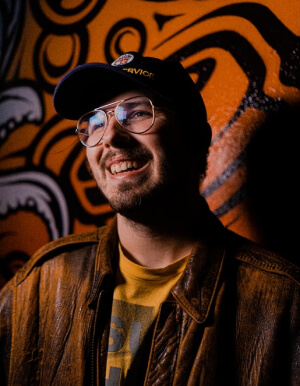

Ethan Shaw
Subsribe To Our Newsletter
Stay in touch with us to get latest news and special offers.
